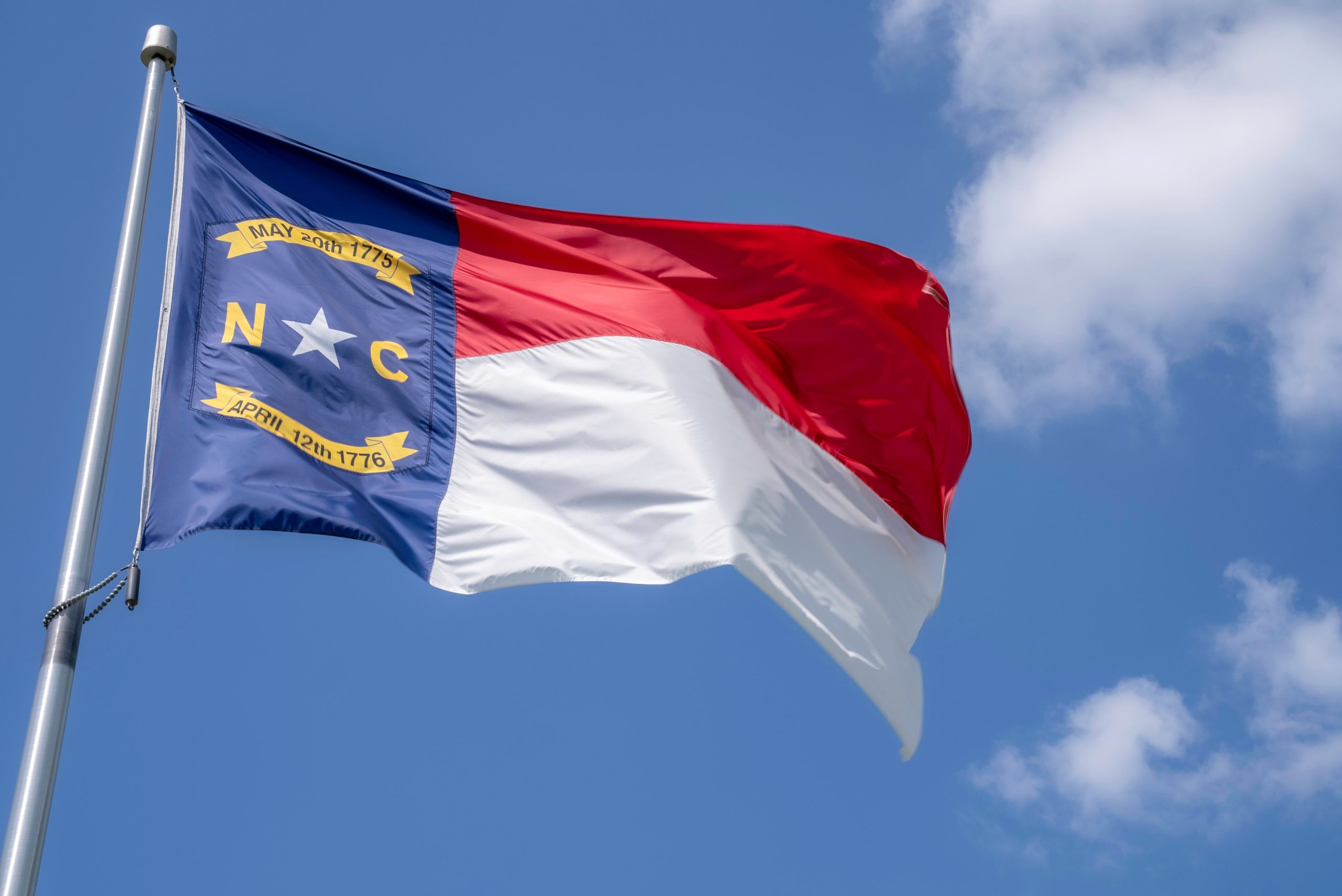In the years leading up to the outbreak of the Covid-19 pandemic, work patterns and the preferences of office workers were already starting to change what a traditional “office” looked like. This change was spurred by the amenity heavy office spaces of tech companies (such as Google and Facebook) and Co-working space providers (such as WeWork and Regus).
What was already a building movement was accelerated by the change that Covid-19 imposed on work patterns with most knowledge workers working from home for the first year or two of the pandemic. Three new and distinct office models have emerged from the innovation cauldron that was the Covid-19 pandemic. These models have various names and descriptions, but here are the three names that seem to keep surfacing:
1. Hub and Spoke Office – A main campus or main office building located in one part of a city with satellite offices located elsewhere in the same city or in another city or country entirely.
2. Community Office– Several office buildings or leased office spaces all located within a short walk of each other usually in an urban mixed use setting where dining, healthcare, fitness, recreation, and other amenities are interconnected or adjacent to workspaces.
3. Remote Office– No “main office building” or “main campus” and employees all work from home, from a remote office, or from anywhere. This model relies heavily on video conferencing, shared document systems, and messaging apps such as Slack and Microsoft Teams.
Though I have attempted to define the three models above, often, the distinction between these office models is not so clear, as they tend to be used in tandem and merge into one big hybrid workplace model. These new office models have created a new sector of the hospitality industry known as Workspitality. Workspitality is the blending of traditional hospitality features of dining and overnight accommodations with office features of co-working and hotdesking spaces.
Companies that use a Hub and Spoke model can use these Workspitality locations as the spokes to the hub or as a part of the hub itself in scenarios in which the hub is a much further distance from the spokes. This will provide employees who work in the spokes a place to stay overnight when they have to visit the hub. Workspitality locations blend seamlessly into community office models as they provide workspaces that have community amenities such as overnight accommodation, fitness centers, restaurants, and retail, often in the same building.
For Digital Nomads who are employed by companies with a remote work or work-from-anywhere policy, Workspitality destinations allow them to travel to the city of their choice and have an awesome overnight accommodation as well as a fully furnished office workspace. Instead of having to book both a hotel and a co-working space, they get the best of both with just one booking. Workspitality is one of the innovative ways that The Carolina Experience is bringing unique travel and hospitality offerings to the South Eastern US. Our Main and Pine and Three Trails properties both offer Workspitality features and our planned office to residential conversion projects will feature luxury accommodations and flexible co-working space in many major cities including one near you!
